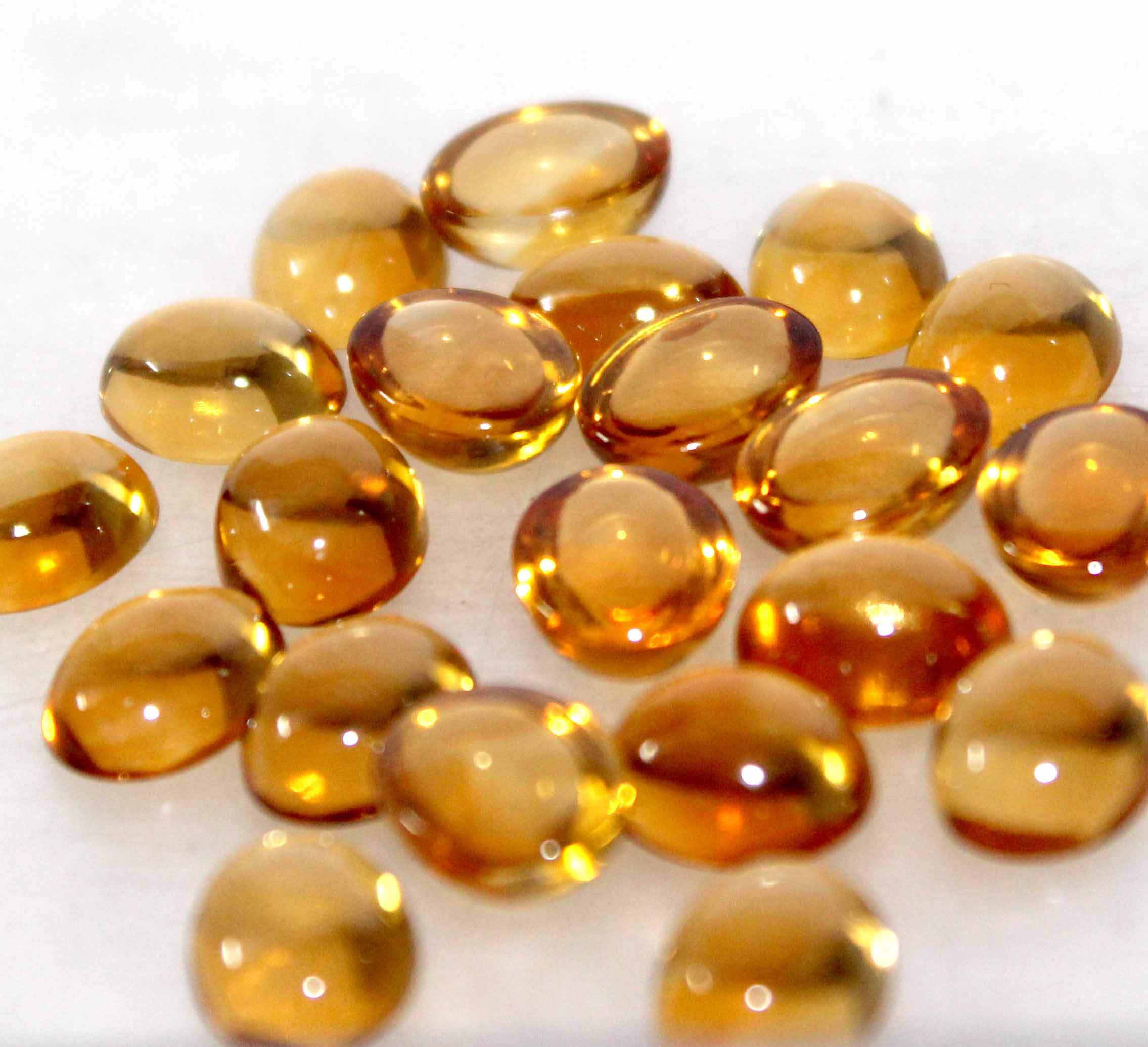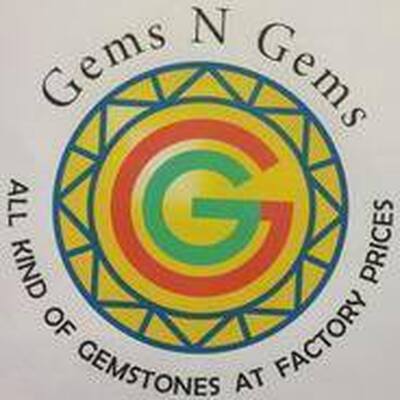What Are The Quality Factors Of Sapphire Stone?
منشور من طرف Nikolas Wells
الجسم
One of the "Big Three" colored gemstones used in jewelry, together with red sapphire, known as ruby and emerald, is sapphire. Its durability and romantic atmosphere draw jewelry purchasers to this sturdy stone, also the September birthstone. Although sapphire is typically considered a blue gemstone, Sapphire Stone comes in many colors and quality variations. Generally speaking, the stone's value increases with color intensity and uniformity.
Sapphire and ruby gemstones are two formations of the mineral corundum, a mineral species. While blue is the most well-known color of corundum, all other colors—including colorless corundum or white sapphire as you know it in the trade—are referred to as sapphires.
What is an orange sapphire?
Yellow sapphires can range from pale to dark greenish yellow to orangy yellow, with weak to extreme color saturation, depending on other colors in the same gem. The finest yellow sapphires have intense colors ranging from yellow to orangy yellow and yellowish-orange to reddish-orange, the two colors of Orange sapphire.

Blue sapphire
The most important factor determining a sapphire's value is color. Desirable sapphires have intense to brilliant color saturation—velvety blue to violetish blue stones with medium to medium-dark undertones are the most expensive blue sapphire. The most costly sapphires per carat are those with these characteristics. Additionally, blue sapphires that are too light, too dark, or grey may be less desirable.
Blue star sapphire
Blue star sapphires typically contain stars with six rays, while 12-rayed stars are uncommon. Two sets of inclusions can produce a 12-rayed star, one of rutile and the other of hematite, both oriented in slightly opposite orientations. Black star sapphires exhibit asterism due to hematite inclusions. Although the inclusions give the sapphire a dark brown or black appearance, it is the yellow, green, or blue star sapphire.
Black Sapphire
An almost impenetrable stone, Black Sapphire appears to absorb all light that enters the gemstone because of its intensely dark color. Take this black sapphire ring, for instance. This stone can also seem very dark blue or grey on occasion. To view how black sapphire appears on authentic jewelry, go here. Black sapphires are extensively mined and primarily come from Australia. This sapphire type is very affordable and known as low-grade.

Is black sapphire considered similar to Black star sapphire?
Despite having a similar name, black star sapphire is a separate stone. It's a variation of what is known as "star sapphires," gems that reflect light in the form of stars due to their distinctive crystal formations. Most black star sapphire is mined in West Africa, India, and Thailand. Due to elements of iron and titanium in the mineral, this stone is black.
Black star sapphire variations are also available with pink and purple undertones. Black star sapphire is a far more valuable gemstone than black sapphire and can cost hundreds of dollars. Gem enthusiasts value it for its beauty and uniqueness.
Conclusion
The above-provided information tells us about the various colors and properties. For more informational updates regarding sapphire gemstones, please visit gemsngems.com.







تعليقات